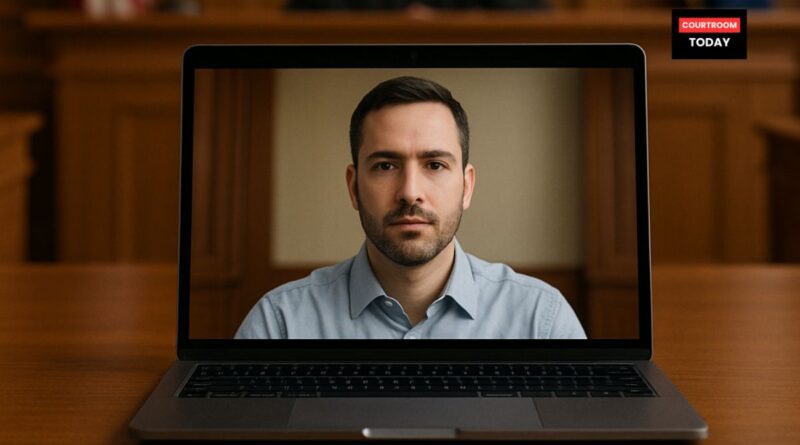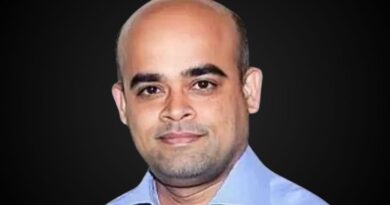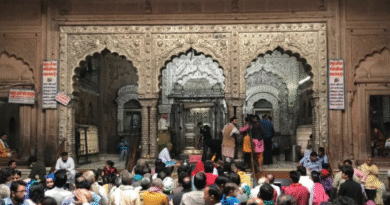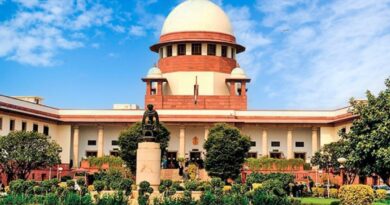Kerala High Court Allows Accused Abroad to Answer Trial Court via Video or Written Statement
The Kerala High Court has allowed an accused person working abroad to respond to a trial court’s questions either through videoconferencing or by submitting a written statement.
The case involved a man facing trial in an excise matter before a sub-court in Kollam. Although the trial court had earlier exempted him from personal appearance, it later refused to grant the same relief for answering questions under Section 351 of the Bharatiya Nagarik Suraksha Sanhita, 2023 (BNSS) — a provision that enables courts to examine the accused regarding circumstances appearing in evidence.
Aggrieved by this, the man approached the High Court seeking permission to have his lawyer answer on his behalf.
On October 22, Justice C.S. Dias ruled that the accused could either submit a written statement or appear virtually to answer the court’s questions.
The Court cited the Supreme Court’s decision in Basavaraj R Patil & Ors v. State of Karnataka, which recognised that, in exceptional situations, accused persons may be allowed to submit authenticated written statements instead of appearing in person.
Justice Dias also noted that Section 351(5) of the BNSS explicitly allows trial courts to accept written responses from the accused. Further, the availability of advanced video-conferencing facilities now enables remote participation without hindering the judicial process.
The judge observed that the COVID-19 pandemic had accelerated the integration of technology into court procedures, leading to the introduction of the Electronic Video Linkage Rules for Courts (Kerala), 2021 and the Electronic Filing Rules for Courts (Kerala), 2021. These rules allow accused persons to be examined, charges to be framed, and documents to be filed electronically.
Emphasising the importance of access to justice, the Court said that combining these rules with Section 351 of the BNSS marks a progressive step towards technological inclusion in the justice system.
The High Court concluded that the petitioner could choose either to file a properly signed written statement or to appear via videoconference to answer the questions. He was directed to inform the trial court of his preferred method within two weeks.
The petitioner was represented by advocates K.V. Anil Kumar, Radhika S. Anil, and Nijaz Jaleel, while Senior Public Prosecutor C.S. Hrithwik appeared for the State.





